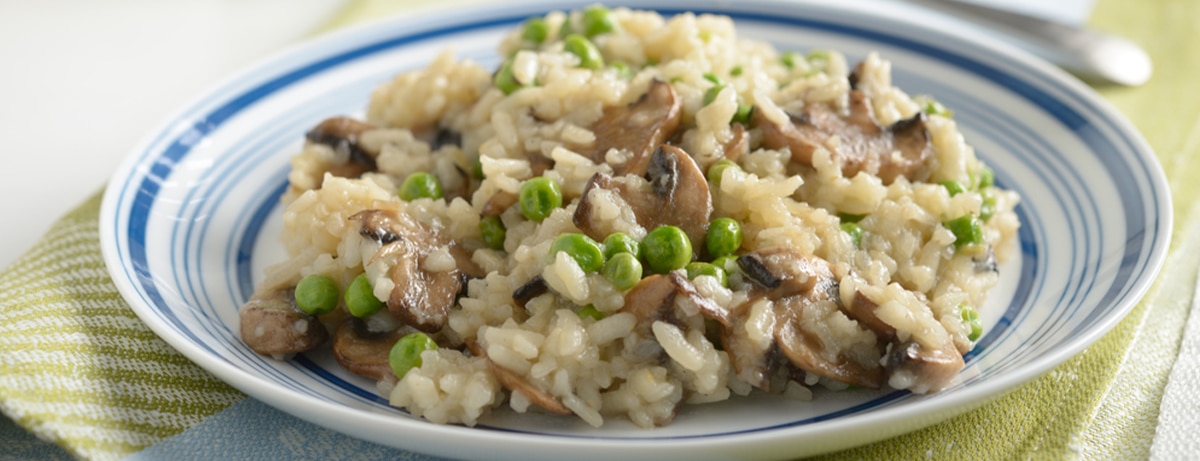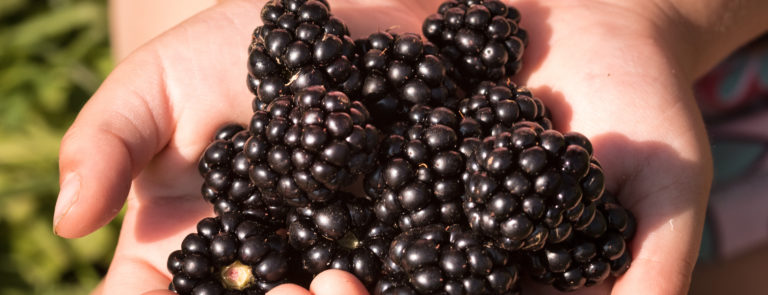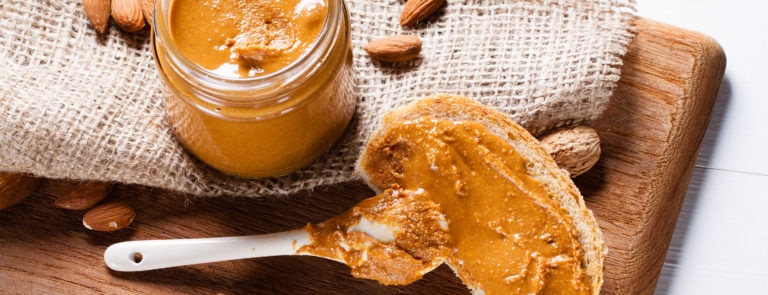10% off £35
We answer your most Googled questions on free-from diets
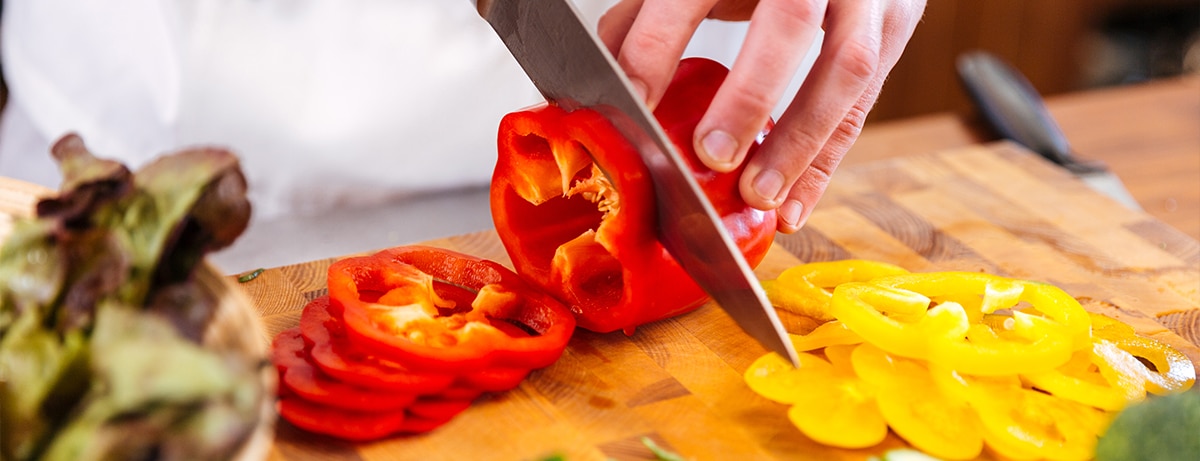
Whatever your reason, going “free-from” can feel a bit daunting. How will your body react? And how can you top up your nutrition?
The more you understand about how dietary changes affect your body, and the free-from swaps you can make, the more confident you’ll begin to feel.
That’s why we’ve answered some of the most Googled questions on free-from diets below...
1. What are free-from foods?
“Free-from” foods don’t contain certain common allergens. You might choose these if you have an allergy, an intolerance, or a specialist diet (for example, if you’re vegan).
If you're buying pre-packaged food, the packaging will tell you which allergens it’s free from.
2. Is free-from food healthier?
2. Is free-from food healthier?
Not necessarily. Free-from foods contain different ingredients and may have different nutritional information, but it depends what “healthier” means to you.
Unless you have an allergy, an intolerance, or another medical condition that affects your diet, it’s not inherently healthier to omit or substitute certain foods.
For example, some people believe a gluten-free diet is healthier than a diet containing gluten – but this isn’t the case, as both can be healthy.1
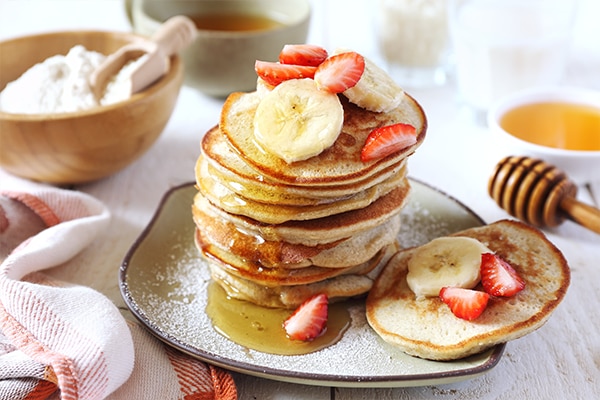
3. Can you eat fruit on a sugar-free diet?
Yes, unless you’ve been advised otherwise by your doctor. Fruit does contain sugar, but it’s not “free sugar” (sugar added to food and drinks). Sugar in fresh, whole fruits is different to the kind you’ll find in cakes and chocolate, for example.2 According to the NHS, sugars found naturally in fruit, vegetables, and milk do not count as free sugars.3
However, you should still stick to the recommend portion sizes. Be aware that smoothies and juices (even unsweetened ones) do count as free sugar, so you should limit your intake of these if you’re on a sugar-free diet.4
4. What is "gluten belly"?
Digestive issues are a common sign of gluten intolerance. “Gluten belly” is just the name for this!
You might find yourself feeling bloated, nauseous, or gassy after eating gluten if you’re intolerant to it.5
5. What can you eat on a gluten-free diet?
Gluten is a protein found in wheat, barley, and rye.6 According to Coeliac UK, about 10% of people follow a gluten-free diet.7
Coeliac UK has a useful checklist on gluten-free foods, and the NHS says that the following foods naturally do not contain gluten:8
- Fruits and vegetables
- Meat and fish (not breaded or battered)
- Most dairy products, like cheese, butter, and milk
- Potatoes
- Rice and rice noodles
- Gluten-free flours, including rice, corn, soy, and potato flour

However, you should check the labels on pre-prepared versions of these to make sure they don’t have any extra ingredients or a risk of cross-contamination.
As well as naturally gluten-free foods, you can buy specially made gluten-free products.
6. How to eat healthy if you're allergic to nuts?
Nuts are a good source of fibre, protein, and “good” fatty acids.7,8
Try replacing them with seeds (like sesame, sunflower, chia, or pumpkin seeds) and seed butters, as they’re a good source of these.9 For snacking, you could opt for dried peas (like wasabi peas) or beans.
Nuts are also a good source of iron.10 You’ll have to make sure you’re getting enough iron from other sources, especially if you’re vegetarian or vegan. Red kidney beans, chickpeas, edamame beans, dried fruit, and fortified breakfast cereals all provide plant-based iron.11
7. What does a no-sugar diet do to your body?
A no-sugar diet typically cuts out added or “free” sugars and allows you to eat naturally occurring sugars (like those in fruit).12
Sugar contains lots of calories but no nutrients, and eating a lot of it contributes to weight gain and increases your risk of chronic conditions.13,14 However, it’s generally agreed that keeping your sugar intake low – rather than cutting it out completely – is a healthy choice.15
Limiting sugar doesn’t just affect your body. Sugary foods make your brain release dopamine – that's why they’re so tempting.
When you limit your sugar intake, you might feel an increase in cravings, as well as feeling tired or low. However, these feelings shouldn’t last too long.16
8. What happens to your body when you eliminate dairy?
8. What happens to your body when you eliminate dairy?
You might decide to cut out dairy because of an intolerance, or maybe you’re going vegan.
If you’re quitting dairy because of an intolerance, you should notice symptoms – like bloating and stomach pain – decrease.17
Dairy products contain calcium, which is important for your bones, so you should get this through other food and drinks (like fortified plant milks, nuts, seeds, tofu, and fortified breads and cereals).18
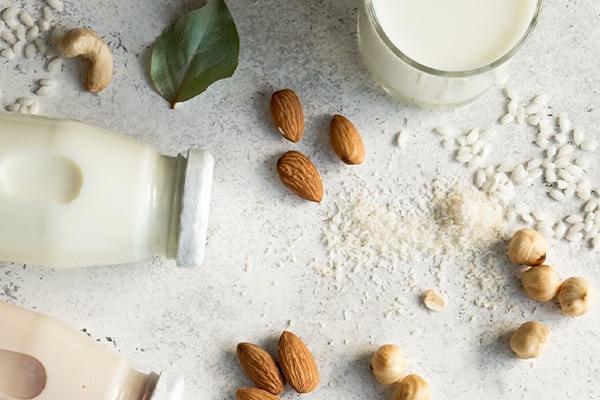
The final say
You can still eat healthily, stay well, and love food with a specialist diet: it's just about knowing how.
Got more questions? Find the most Googled questions on veganism and the keto diet below...
